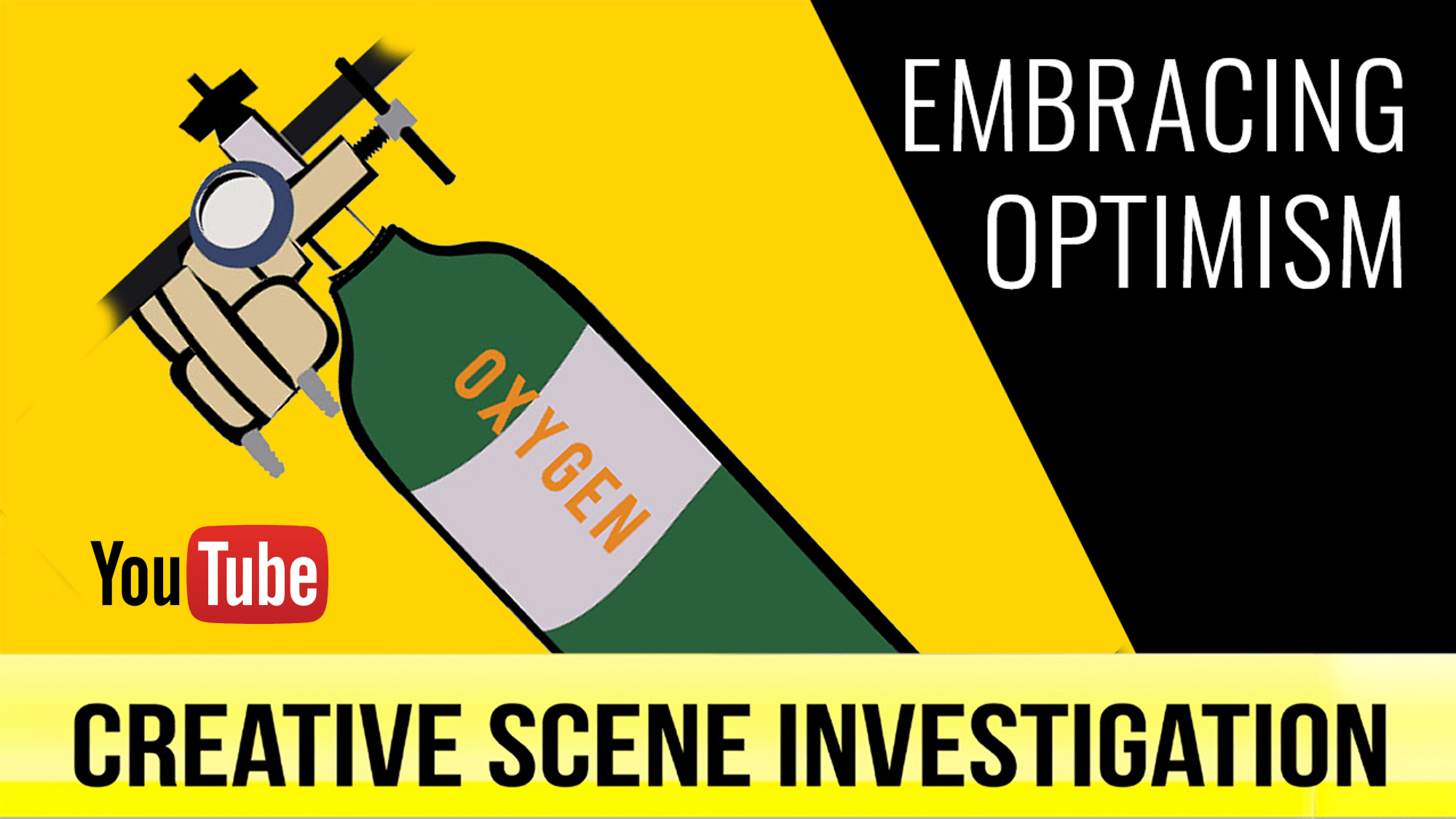Part 7: Embrace optimism
By Gaia Grant
Successful innovators are highly optimistic. They can embrace failure rather than seeing it as a setback. They can use trial and error to persevere through to implementation.
The power of the optimistic mindset
Studies have shown that optimistic children don’t give up when presented with a challenging task. They actually increase their capabilities through the experience. Pessimistic children, on the other hand, often give up, lose confidence, and drop behind.
The best creative outcomes come from persevering through challenges like this.
People who access their creative ability have been found to be more optimistic, more confident, more flexible, and able to cope with stress better.
“Success is a great affirmation,
but a lousy learning experience.”
De bono
Creative accidents like the microwave
Many inventions are ‘creative accidents’ that emerge from the trial and error process.
The microwave came about when an engineer working for a defence contractor in the 1940s noticed that a chocolate bar in his front pocket started to melt when he was using a magnetron, a device that generates the radio waves. He then pointed the magnetron at a raw egg and the egg exploded, at popcorn kernels and they popped.
Despite not having a certain outcome, successful innovators continue to adapt through trial and error. Only an optimistic mindset like this is open to these connections and sees them through to implementation.
Beyond the 90% failure rate
Given that somewhere between 70-90% of innovations typically fail, agile innovation has enabled more rapid prototyping through faster trial and error. The lean start-up approach to innovation has also introduced the idea of a minimum viable product, or a simple unpolished version of a product that can be used to gather feedback and accelerate learning.
The Wright brothers found relatively simple, low-risk ways to test their assumptions by using a wind tunnel. This minimised the impact of potential failures.
Optimism provides the fuel for this prototyping process. An optimistic mindset helps to ensure great ideas are followed through to implementation to become great innovations.
Reflection questions
- Does this mindset come naturally to you or do you need to work hard to achieve it?
- How willing are you to keep persevering through trial and error, and how easily are you able to get up and keep going when trials fail?
- How do you explain failure to yourself? Clue: Listen to your own self talk, as it will usually either empower or cripple you, helping to enable your productivity or make you feel helpless.
- Identify when you have been able to acknowledge mistakes in a way that does not shut down the process or penalise. Clue: High-performing organizations advocate failing fast, forward and often.
Exercises to practice this strategy
- Think of ways to support trying something new and yet being able to do it on a scale where failure is survivable.
- Create a minimum viable product (MVP)–something that solves a customer’s problem adequately but isn’t perfectly polished–and use it as a vehicle to gather critical in-market learning.
- Consider what you will STOP / START and CONTINUE doing to ensure you are able to learn to practice an optimistic mindset in a way that is realistic and can lead to the implementation of ideas.
- Identify a current opportunity where you can use this mindset and strategy? How will you measure the success?
If you are interested in learning more about “Embracing Optimism” as a key strategy to help develop creativity watch the video here and see a sneak peek at the other strategies to prepare for Design Thinking.

Gaia Grant (PhD) is a lecturer and researcher at the University of Sydney Business School in the Discipline of Strategy, Innovation, and Entrepreneurship, focusing on research into innovation paradoxes and ambidextrous leadership. Gaia is also a Director of Tirian Innovative Solutions, & the co-author (with Andrew Grant) of a number of books including ‘The Innovation Race’, and “Who Killed Creativity?”.

Andrew Grant is the Director of Tirian Innovative Solutions, and co-author (with Dr Gaia Grant) of a number of books including ‘The Innovation Race’, and “Who Killed Creativity?”.



